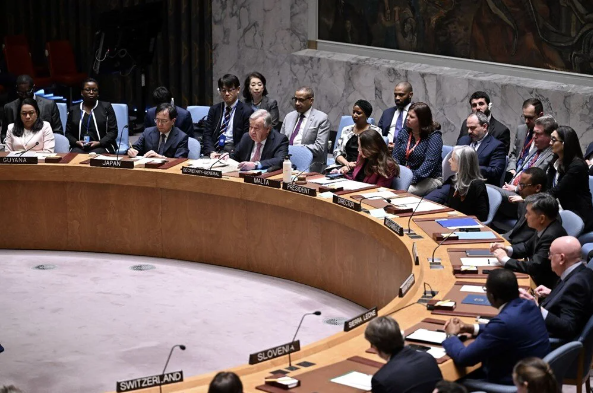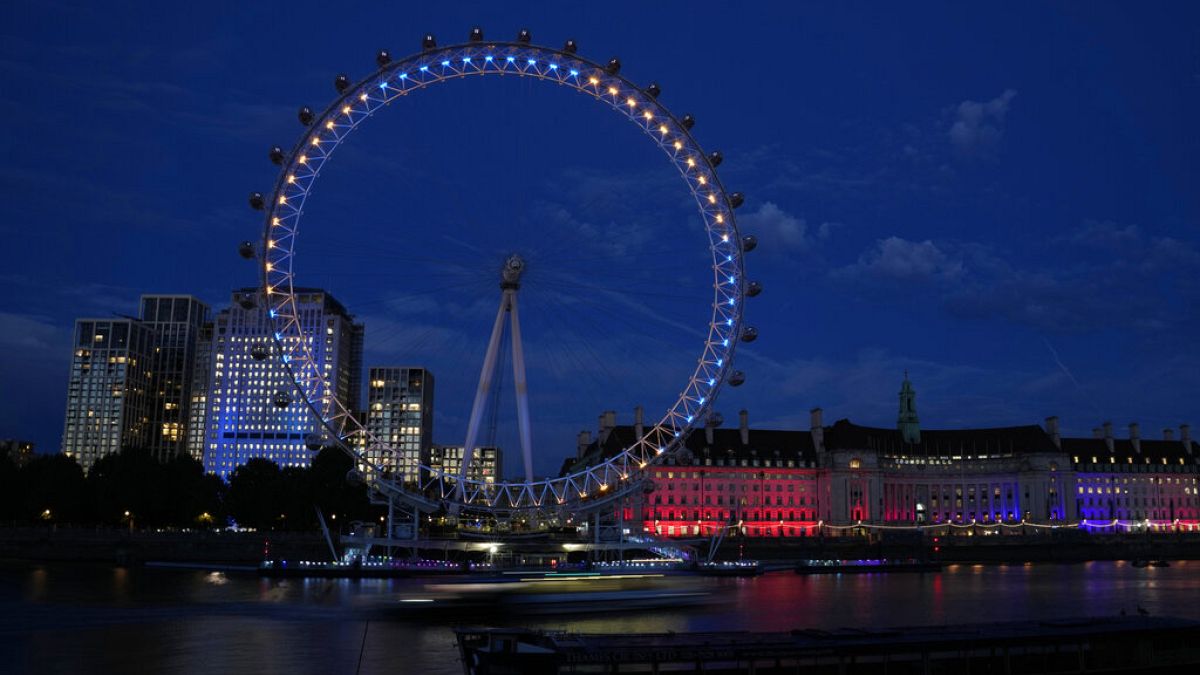Under the UK government’s plans to toughen visa and deportation policies, the nationalities of migrants with the highest crime rates can be ranked.
Former Assistant Home Secretary for Immigration Robert Jenrick has proposed a new amendment to the Criminal Justice Bill. This amendment would ensure that the nationality, visa and asylum status of every offender convicted in English and Welsh courts is published annually in criminal “league tables”.
A small group of around 12 Conservative MPs support the change, details of which first appeared in The Daily Telegraph.
The proposed change comes days after figures showed that the number of migrants crossing the English Channel to the UK so far in 2024 has reached a record high for the first three months of a calendar year.
A government source said ministers “will certainly look at this amendment properly and will discuss it with their colleagues as usual,” but the newspaper reported that there were concerns about the feasibility of the proposal.
Speaking to BBC Radio 4’s Today program, Jenrick said there was “significant and growing” evidence that the UK was importing crime and that migrants’ nationalities were already taken into account when applying for visas.
Jenrick continued:
My suggestion is that crime data plays a role in this. We want to apply a higher level of scrutiny to higher risk nationalities.
According to the latest Home Office figures, there are 10,300 foreign prisoners in prisons in England and Wales, representing around 12 percent of the total prison population.
The Refugee Council said asylum rules in the UK were already “too strict”. Those who have committed serious crimes are not allowed to stay in the country, the group told the BBC.
But speaking to GB News, Jenrick said:
I think the public wants to know who is coming to our country and the economic, financial and social impact of migration.
There are those who come to this country who do us harm. They come from countries that do not share our western liberal values, our attitudes towards women and minorities, and we need to be open and honest about that.
Jenrick also claimed that he and former Home Secretary Suella Braverman had repeatedly tried to raise the issue, but that Prime Minister Rishi Sunak “didn’t want to talk” about controlling legal immigration. This claim was denied by Downing Street (UK Prime Minister’s Residence and Office -ed.n.) sources.
Since revised official estimates released in November showed that net migration – the difference between the number of people coming to and leaving Britain – would reach a record high of 745,000 in 2022, Sunak has been under pressure from MPs on the right wing of his party to act.
The government has already proposed a series of restrictions to reduce the number of people coming to the UK legally, including banning foreign care workers from bringing dependent family members to the UK and raising the salary threshold for skilled workers to bring family members to £38,700 (around £1,581,000).
Home Secretary James Cleverly has asked the Migration Advisory Committee to review the graduate route for international students, while the minimum income requirement for family visas is being raised to £29,000 (around £1,184) from April 11 and to £38,700 (around £1,581,000) by early 2025.
Sunak had previously promised to “do whatever it takes” to reduce net migration.





